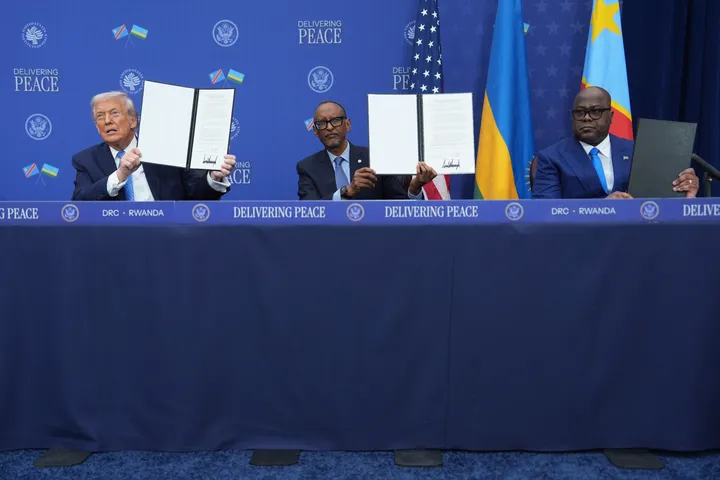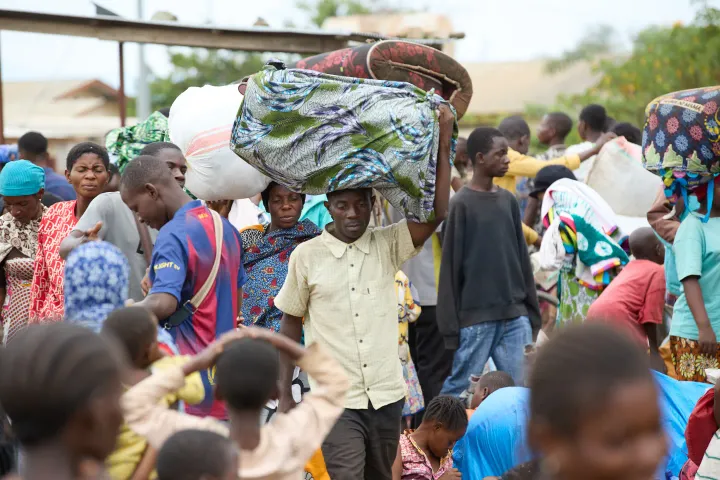Negotiations in Jeddah between Sudan's warring parties will focus on a ceasefire deal and the delivery of humanitarian aid but not on broader political issues, Saudi Arabia said on Sunday.
The talks, which resumed on Thursday, aim "to facilitate the delivery of humanitarian assistance, establish ceasefires and other confidence building measures, and build toward a permanent cessation of hostilities," a foreign ministry statement said.
"The talks will not address broader political issues," it added.
Since April, the war in Sudan between regular armed forces loyal to army chief Abdel Fattah al-Burhan and the paramilitary Rapid Support Forces (RSF) commanded by his former deputy Mohamed Hamdan Daglo has killed more than 9,000 people and displaced upwards of 5.6 million.
Red tape
Previous mediation attempts brokered by the United States and Saudi Arabia yielded only brief truces, and those were systematically violated.
The latest talks are being held in partnership with a representative of the African Union and the Intergovernmental Authority on Development (IGAD), the East African regional bloc led by close US partner Kenya.
The US State Department said on Sunday that "Sudan's civilians must be the ones to define Sudan's path going forward".
"There is no acceptable military solution to this conflict."
UN humanitarian chief Martin Griffiths said the "talks cannot have started soon enough".
Mediators' frustration
"Aid workers are hamstrung by fighting, insecurity and red tape, making the operating environment in Sudan extremely challenging," he said in a statement.
"This is why these Jeddah talks are critical: we need the Sudanese Armed Forces and the Rapid Support Forces to break the bureaucratic logjam."
Before the first round of talks in Jeddah was suspended, mediators had grown increasingly frustrated with both sides' reluctance to work towards a sustained truce.
Analysts believed that Burhan and Daglo had opted for a war of attrition instead, hoping to extract greater concessions at the negotiating table later.
























